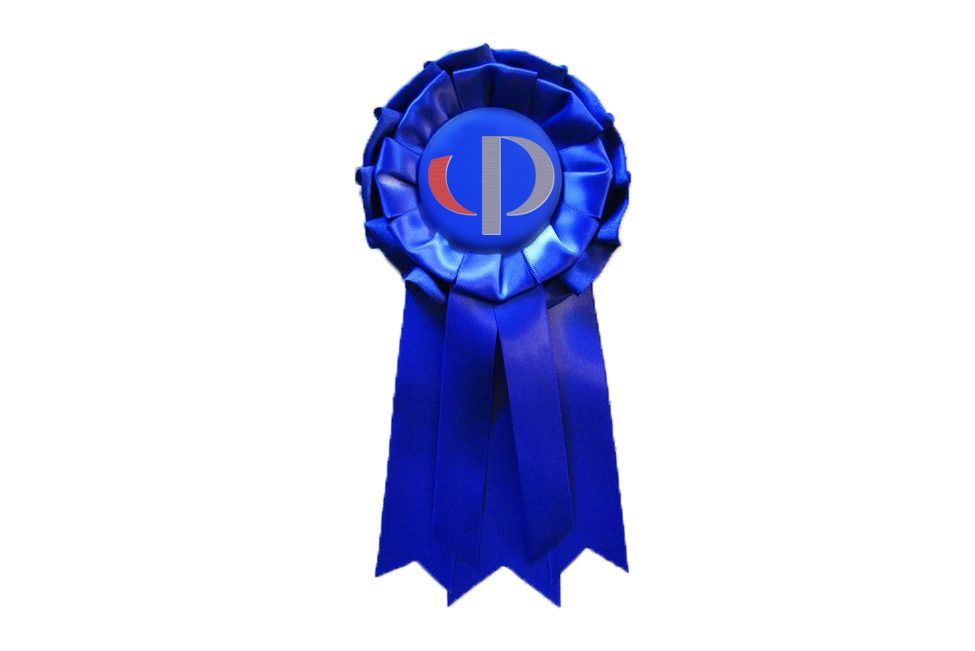APA Announces Spring 2024 Awards
The American Philosophical Association (APA) recently announced the winners of nine awards.

–
The prizes and their winners are:
Oron Shagrir (Hebrew University of Jerusalem)
The Barwise Prize is awarded for significant and sustained contributions to areas relevant to philosophy and computing by an APA member. The Prize consists of a plaque awarded at an APA divisional meeting and a keynote address at a computing and philosophy conference as well as a symposium at one of the divisional APA meetings.
Eastern: Naomi Scheman (University of Minnesota)
Central: Robert Pippin (University of Chicago)
The Dewey Lectures are annual lectures, one at each divisional meeting of the APA (Eastern, Central, and Pacific), given by a prominent and senior (typically retired) philosopher associated with that Division, who is invited to reflect broadly and in an autobiographical spirit on philosophy in America as seen from the perspective of a personal intellectual journey. The award includes $1000 and publication of the lectures in the Proceedings and Addresses of the American Philosophical Association.
2024 Journal of Value Inquiry Prize
Gilbert Plumer (Law School Admission Council)
The Journal of Value Inquiry Prize (formerly the Rockefeller Prize) is awarded every other year for the best unpublished, article-length work in philosophy by a non-academically affiliated philosopher. The prize includes $1000 and publication in the Journal of Value Inquiry.
Plumer was awarded the prize for “When Paintings Argue”. From the selection committee: An intriguing, well structured and humble but honestly persuasive article. Plumer effectively uses painting to show that visual art can make arguments and thus be cognitively valuable and applies literary fictions to non-verbal painting to find similarities between argumentative fiction and argumentative painting.
2024 Dr. Martin R. Lebowitz and Eve Lewellis Lebowitz Prize
Kate Manne (Cornell University) and David Livingstone Smith (University of New England)
The Dr. Martin R. Lebowitz and Eve Lewellis Lebowitz Prize for philosophical achievement and contribution is awarded to a pair of philosophers who hold contrasting (not necessarily opposing) views of an important philosophical question that is of current interest both to the field and to an educated public audience. The winners present their views and engage in a dialogue at an annual Lebowitz symposium, held during an APA divisional meeting, and in an episode of the podcast Key Conversations with Phi Beta Kappa. The prize, co-sponsored by Phi Beta Kappa, includes $25,000 for each awardee and the opportunity for the lectures to be published in the Journal of the American Philosophical Association.
Nina Emery (Mount Holyoke College)
The Anthony J. Lisska Prize, sponsored by Denison University in partnership with the APA, is awarded in recognition of exemplary contributions to the scholarly mission of small liberal arts colleges through accomplishment in both philosophical research and pedagogical achievement. The prize includes $1000 and a commemorative plaque.
2024 Oxford University Press Teaching with Technology Prize
Javier Gomez-Lavin (Purdue University)
Honorable Mention: Matthew Watts (University of Miami)
The Oxford University Press Teaching with Technology Prize, sponsored by Oxford University Press, recognizes outstanding use of technology in the teaching of philosophy and philosophical pedagogy by philosophers at a junior career stage. The prizes include a certificate and $2000 for the winner ($500 for an honorable mention).
From the selection committee: Javier Gomez-Lavin is a pioneer in utilizing gaming and virtual reality to teach philosophy. His popular course at Purdue University, Introduction to Philosophy through Video Games, blends traditional philosophy with modern technology.
Manuel Vargas (University of California, San Diego)
The Alvin Plantinga Prize, funded by the Bossenbroek Family Foundation, recognizes original essays that engage philosophical issues about or in substantial ways related to theism. The prize is $10,000.
From the selection committee: In reflecting on the abating influence of Christianity and the disappearance of its downstream social goods—among which are to be found higher marriage rates, improved morality, and superior mental health outcomes—Vargas offers an original and fresh approach to questions of secularization and disenchantment in today’s world. His essay is an exemplary instance of how philosophy can engage with religious concerns in a secular world while maintaining both epistemological clarity and existential depth.
Sharon Street (New York University)
The Patrick Romanell Lecture is presented annually at a divisional meeting of the APA on the topic of philosophical naturalism. The prize is $1200 plus travel expenses, and publication of the lecture in the Proceedings and Addresses of the American Philosophical Association.
From the selection committee: Sharon Street is well known for a naturalistic project in metaethics that many people find extremely appealing yet few have managed to set rigorously to paper: the challenges that evolutionary biology poses to moral realism, as articulated in her agenda-setting evolutionary debunking argument. She is also a major contributor to naturalism in metaethics through her development of a version of Humean constructivism, while her newer work goes in new directions, drawing from traditions in Buddhist meditation practice.
2025 Ernest Sosa Prize Lecture
Linda Zagzebski (University of Oklahoma)
The Ernest Sosa Prize Lecture honors substantial achievement in epistemology. The winner presents the lecture, intended to be accessible to a broad philosophical audience, at an APA divisional meeting. The prize includes $1500, publication of the lecture in the Proceedings and Addresses of the American Philosophical Association, as well as a selection of books by Sosa and published by Wiley-Blackwell.
From the selection committee: Over the course of her nearly five-decade career, Linda Zagzebski has consistently played a central role in the development of analytic epistemology, both in the United States and around the world. Her seminal contributions to virtue epistemology, the epistemology of understanding, and the value problem in the theory of knowledge (among other areas) have set the agenda for a generation of epistemologists.

